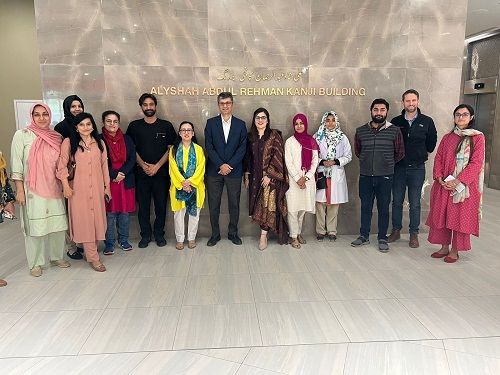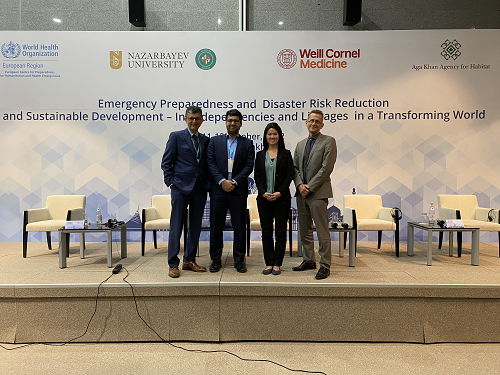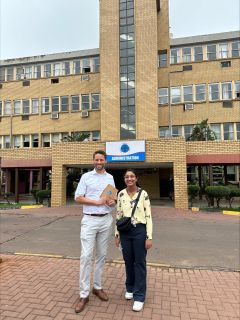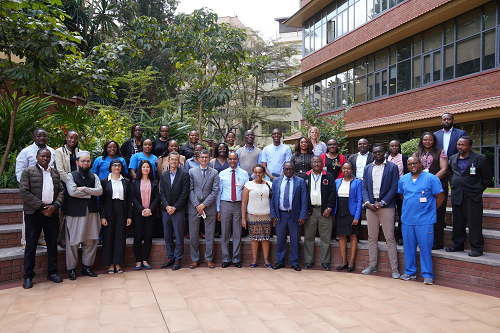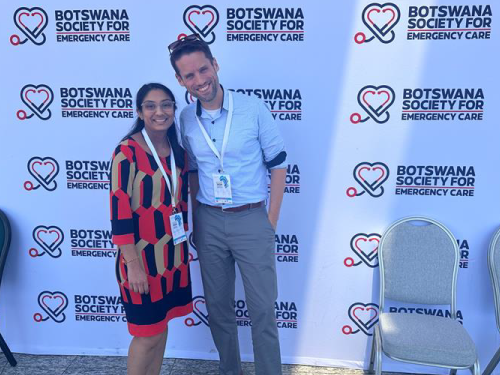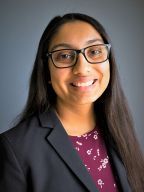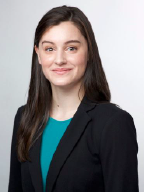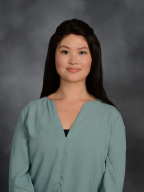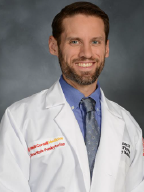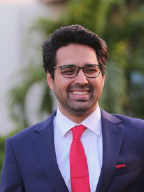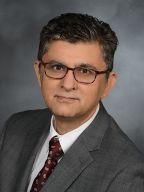Our vision is to develop future leaders in global emergency care focused on addressing health disparities, emergency care system strengthening, and delivering high-quality acute and emergency care for populations globally through innovation and research.
Learning Philosophy
The SAEM-approved Global EM Research fellowship program adopts a deliberate practice approach to training where training objectives are achieved through purposeful and systematic learning. The curriculum framework hinges on the pursuit of personal improvement across four essential components via well-defined, specific goals within targeted areas of development. The research topics and field sites for each fellow will be tailored to their own self-identified core interests. Knowledge acquired will be reinforced using focused mentorship strategies and training will be strengthened using continuous formative and summative assessment linked to performance.
Objectives of the Fellowship:
- Fellows will achieve the following three objectives during the two-year program:
- Develop the knowledge and understanding of emergency care systems in complex clinical environments within low-resource settings, including building cultural and ethical competency regarding global emergency care.
- Develop knowledge and experience in diverse research designs and methods applicable to programs to address emergency care needs in low-resource settings. This includes: 1) the completion of the requirements for a Masters in Clinical Epidemiology and Health Services Research; 2) experience in the conduct of global emergency care research, including preparing and submitting of IRB applications, dissemination of findings via scholarly presentations and manuscripts; and 3) preparation of NIH grant applications.
- Develop competency and gain experience in the practice of evidence-based emergency care in New York City, and abroad.
Curriculum Structure:
The curriculum has four components:
- Global Emergency Care: During the fellowship, the fellow will spend a total of 9 months at one of the Aga Khan University’s Emergency Department Site depending on their area of interest; international clinical sites are located in South Asia (Pakistan) and East Africa (Kenya, Tanzania). Through this fieldwork experience, fellows will gain direct exposure to the delivery of emergency care in resource-poor settings. Fellows will receive mentored training to develop skills for stakeholder engagement, demonstrating culturally competent healthcare, and establishing successful relationships with international colleagues, and have the opportunity to take language courses to improve their cross-cultural communication skills. We will hold biweekly didactic sessions and journal clubs with Weill Cornell and global EM faculty, guest lecturers, and joint sessions with other fellows in EM will allow the fellow to acquire knowledge of major global health conditions and gain an understanding of various health delivery systems.
- Formal Training in Patient-Oriented Research: Fellows will have the opportunity to complete a Masters of Science (MSc) degree in Clinical Epidemiology and Health Services Research from the Weill Cornell Graduate School of Medical Sciences. This curriculum spans two years and includes both formal didactic and mentored training in patient-oriented research. Specifically, fellows will gain an understanding of research methodology, study design, and develop skills in data management and analysis.
- Global EM Research: Each fellow will undertake a primary research project under the guidance of a project mentor. Each project will include project design, proposal writing, submission of research protocols to an Institutional Review Board (IRB), data collection, data analysis, presentation of one or more individual research abstracts at a national or international conference, and/or publication of one or more manuscripts in a peer-reviewed journal. In year 2 of the fellowship, fellows will complete a K-level NIH grant based upon data from their scholarly project. Fellows are also partnering with Emergency Medicine residents in Botswana to develop a research mentorship program.
- Practice of Academic Emergency Medicine: For 6 months each year, the fellow will work as a member of the clinical faculty of the WCM Department of Emergency Medicine. The fellow will participate in all academic activities in the Department of Emergency Medicine, including grand rounds presentations, conferences, and resident teaching.
Fellowship Competencies
Upon completion of the Global Emergency Medicine Research Fellowship, fellows will have:
- Successfully completed the requirements for the degree of Masters of Science (MSc) in Clinical Epidemiology and Health Services Research at the Weill Cornell Graduate School of Medical Sciences.
- Developed the level of skill required of individuals working in global low-resources settings, which include a thorough understanding of global health systems, the burden of disease, ethics of global care, cultural competency, professionalism, communication, and capacity-strengthening strategies.
- Developed the level of skill and experience required of individuals to lead patient-oriented global health research in low-resource acute care settings, including writing an NIH K-level grant.
